Russian gas giant Gazprom announced that it was forced to stop transporting gas to Europe via Ukraine this morning, January 1, after Kyiv refused to extend its gas transit agreement with Moscow.
"Due to Ukraine's repeated refusal to extend these agreements, Gazprom has been deprived of the technical and legal ability to supply gas for transit through Ukraine since January 1, 2025. Russian gas supplies for transit through Ukraine stopped at 8 a.m. Moscow time," Gazprom announced, according to TASS news agency.
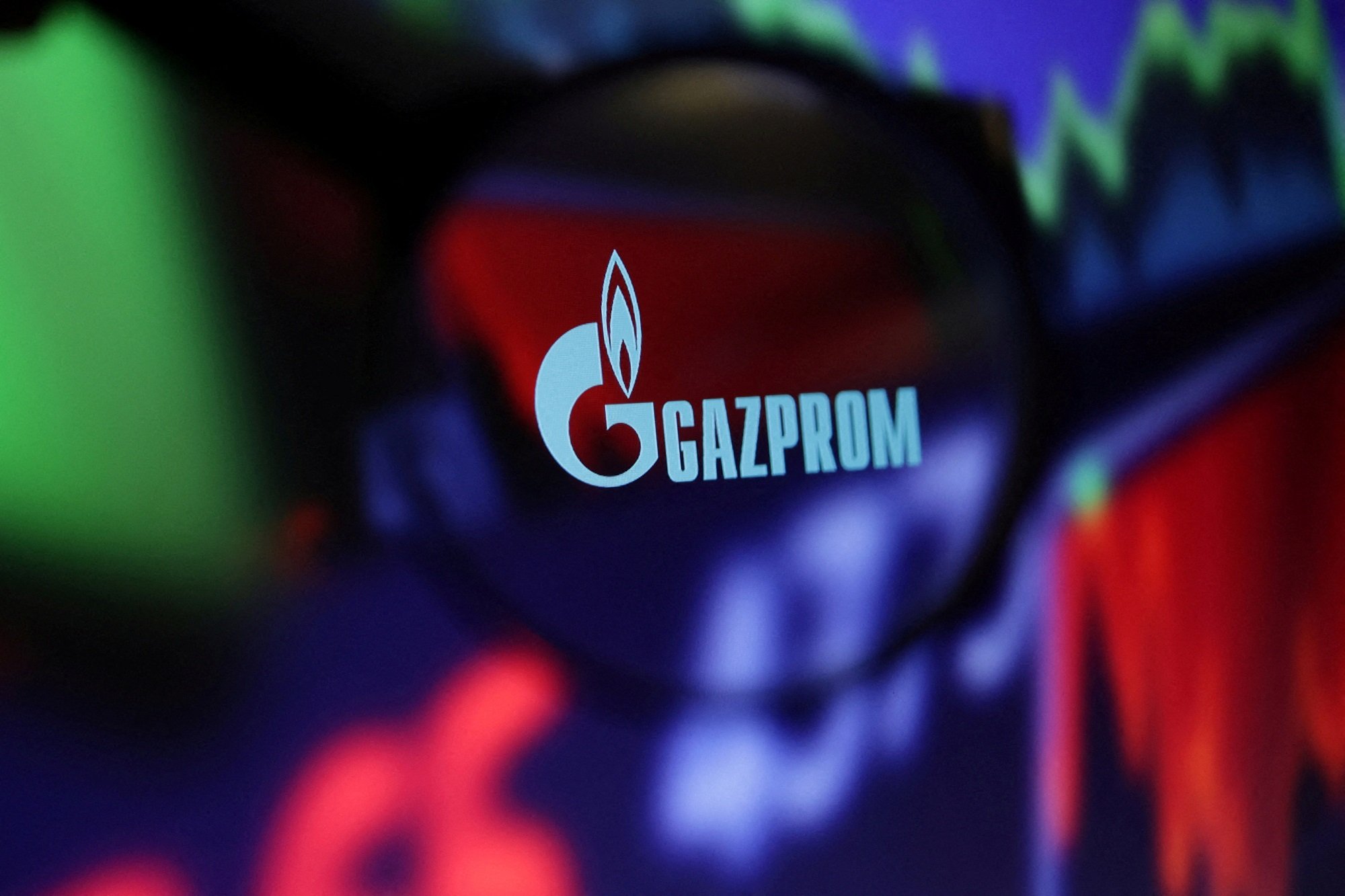
Logo of Gazprom gas corporation
Gazprom pointed out that the five-year gas transit agreements with Ukraine's Naftogaz company on cooperation between Russian and Ukrainian gas transit system operators expired on January 1. The agreement provided for the transit of 40 billion cubic meters of Russian gas via Ukraine per year.
Russia will transport about 15 billion cubic meters of gas via Ukraine to Europe by 2023, down from 65 billion cubic meters when the last contract started in 2020.
"We have stopped the transit of Russian gas. This is a historic event. Russia is losing its market, it will suffer financial losses. Europe has made a decision to abandon Russian gas," Ukrainian Energy Minister German Galushchenko stressed in a statement today, according to Reuters.
Ukraine's Energy Ministry also stressed that the transit of Russian gas through Ukraine "has been stopped in the interests of national security".
The above mentioned gas transit suspension will cause Gazprom to lose nearly 5 billion USD in gas sales, while Ukraine will not collect about 800 million USD/year in transit fees from Russia, according to Reuters.
The suspension of Russian gas transit through Ukraine was expected to take place after Russia launched a military operation in Ukraine on February 24, 2022. Ukraine has firmly refused to extend the agreement amid the military conflict.
Russia currently exports gas via the TurkStream pipeline in the Black Sea. TurkStream has two routes - one for the domestic Turkish market and the other for customers in Central Europe, including Hungary and Serbia, according to Reuters.
The European Union (EU) has stepped up efforts to reduce its dependence on Russian energy after the military conflict in Ukraine broke out in 2022 by looking for alternative sources. The remaining buyers of Russian gas via Ukraine, such as Slovakia and Austria, have also arranged alternative supplies.
Moldova is one of the countries hardest hit by the halt in gas transit from Russia through Ukraine. Moldova says it will need to take steps to reduce its gas use by a third.
There is currently no information on the EU's reaction to the above developments.
Source: https://thanhnien.vn/ukraine-khong-cho-nga-trung-chuyen-khi-dot-toi-chau-au-goi-day-la-su-kien-lich-su-185250101142751194.htm


![[Photo] General Secretary To Lam attends the 95th Anniversary of the Party Central Office's Traditional Day](https://vphoto.vietnam.vn/thumb/1200x675/vietnam/resource/IMAGE/2025/10/18/1760784671836_a1-bnd-4476-1940-jpg.webp)
![[Photo] Immerse yourself in the colorful musical world of “Secret Garden Live in Vietnam”](https://vphoto.vietnam.vn/thumb/1200x675/vietnam/resource/IMAGE/2025/10/18/1760805978427_ndo_br_thiet-ke-chua-co-ten-41-png.webp)
![[Photo] Collecting waste, sowing green seeds](https://vphoto.vietnam.vn/thumb/1200x675/vietnam/resource/IMAGE/2025/10/18/1760786475497_ndo_br_1-jpg.webp)


![[Photo] Closing ceremony of the 18th Congress of Hanoi Party Committee](https://vphoto.vietnam.vn/thumb/1200x675/vietnam/resource/IMAGE/2025/10/17/1760704850107_ndo_br_1-jpg.webp)


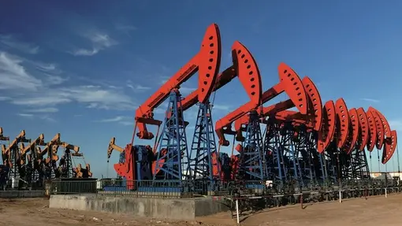

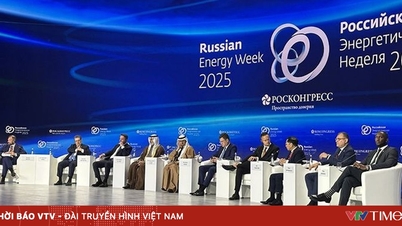



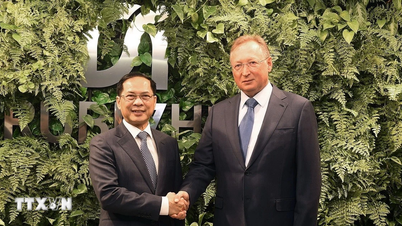

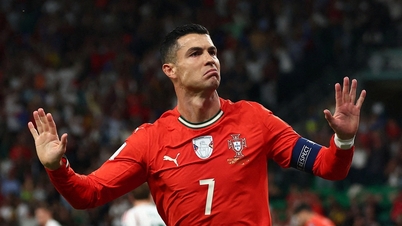
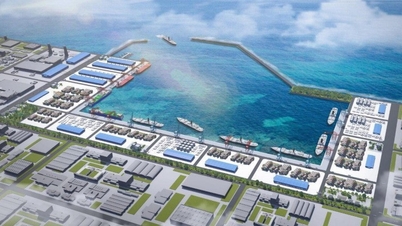





















































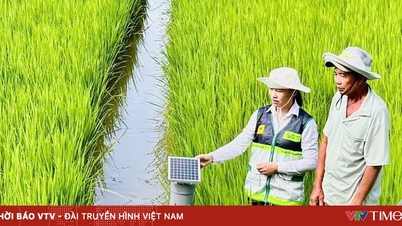

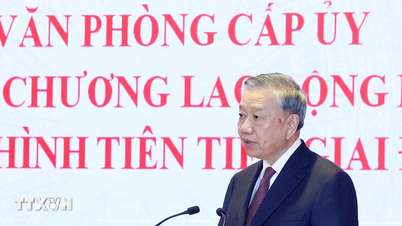































Comment (0)